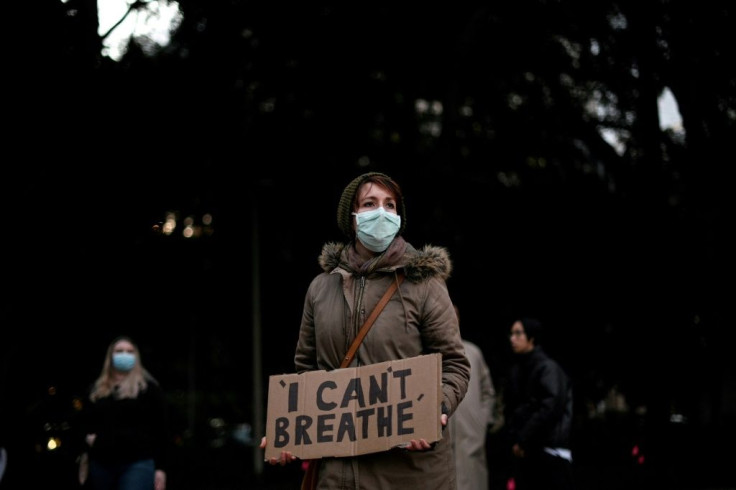Australia Racist Attack: Chinese-Australians Band Together to Hunt Down White Attackers
An unfortunate side effect of the COVID-19 pandemic that began in China is an uptick of racially based incidents directed toward those of Chinese and Asian descent. And when the government or law enforcement fails to address the issue, the victims of racial attacks are compelled to take matters into their own hands as they are beginning to do in Australia.
On Saturday (July 4), in Adelaide’s Chinatown section, two men struck an Asian delivery rider perched upon his electric bike. The event, captured on video, shows two white men — one is holding a dog and the other one is standing in front of the bike with his hands on the handlebars. They seem to be engaged in a conversation when the man in front of the bike steps back and then lurches forward using his right shoulder to strike the driver in the face. The two white men walk away, leaving the perplexed driver to remove his facemask and rub his chin.
After the video was posted on social media, reports said Chinese-Australians came together online and on the streets to share information to find the white ruffians. Several people expressed their anger:
- “I have had just about enough of this,” one user said on WeChat, a Chinese social media app.
- Another person said, “Let’s pray for this political stoush (battle, or fight) to stop. The local people don’t understand our situation. We are vulnerable.”
- One more online comment criticized the government, “The Australian government won’t fix this … We have to stand up for each other. They don’t care about us; they care only about the power contest.”
- Some Chinese-Australians banded together to help police hunt down the two white men.
Erin Chew is an activist with the Asian Australian Alliance. She complained about the Australian government and the worsening diplomatic relations between Australia and China, while talking to the South China Morning Post. She said, “Until the Australian government and authorities consider the anti-Chinese rhetoric [in Australia] as being racist, we will see more Chinese-Australians banding together to protect the community.”
Chew added, “The [increase of] negative stories coming out about China in Australia will only normalize the racism against Asians who are of Chinese background or who appear to be East Asian-looking.”
The Australian Human Rights Commission tracks complaints about racism under the Racial Discrimination Act. They reported a spike in cases in February, with about 30% of subsequent complaints linked to the coronavirus.
There was another incident three weeks ago in Adelaide where a white woman tailed several Asian-Australians and verbally abused them while they were shopping. The store was a Woolworths Supermarket.
While the supermarket chain is not related to the former American drug store chain F. W. Woolworth, the irony is not lost to those who remember the 1960 lunch counter incident in the Greensboro, North Carolina Woolworth’s that became a huge catalyst for the civil rights movement of that decade. The lessons learned then should serve as a lesson to anyone about the scourge of racism.

© Copyright IBTimes 2024. All rights reserved.




















